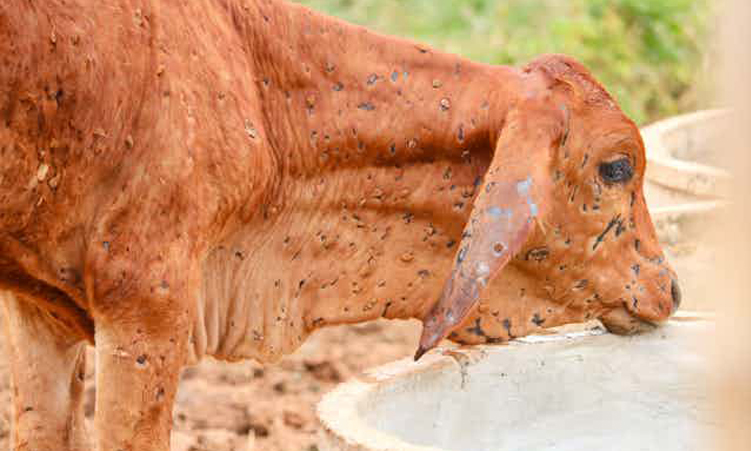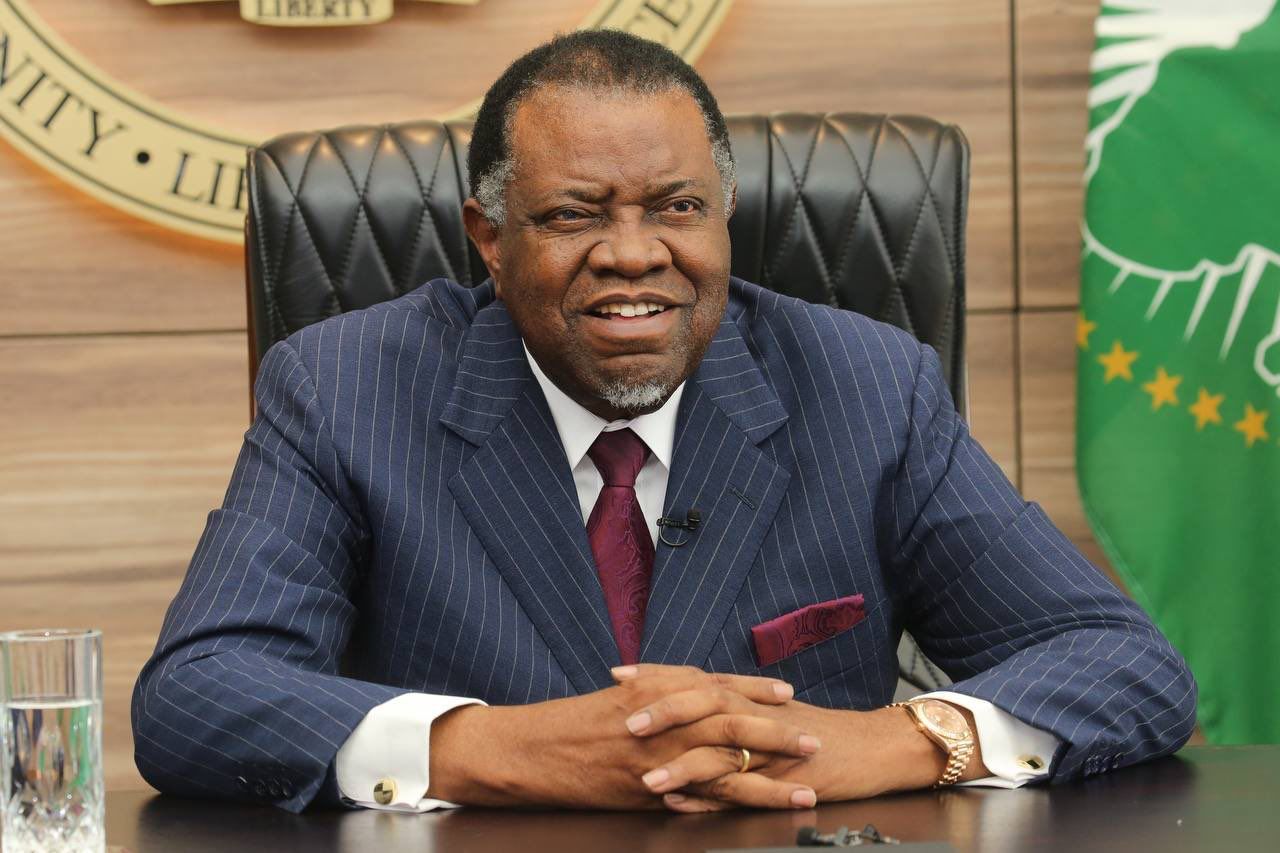THE HAGUE – Witnesses testifying against two Congolese warlords at the International Criminal Court have been threatened and the court does not have the resources to fully protect them, a senior investigator testified yesterday.
The investigator spoke on the second day of the trial of Germain Katanga and Mathieu Ngudjolo, who are accused of planning and directing a massacre of more than 200 villagers in Bogoro, a strategically important village in eastern Congo, on Feb, 24, 2003.Katanga and Ngudjolo both have pleaded not guilty to three counts of crimes against humanity and seven war crimes including murder, rape, pillage, sexual slavery and using child soldiers in the slaughter.Prosecutors plan to call 26 witnesses to testify and 21 of them will be given protective measures in court to shield their identity to try to prevent possible retaliation.The investigator testified yesterday as the first witness to outline how her team built its case against Katanga and Ngudjolo. Her identity also was shielded.’Our witnesses have also been subjected to clear threats in the course of this investigation,’ she told judges.Investigators and prosecutors at the world’s first permanent war crimes tribunal give witnesses advice on how to protect themselves but she said sometimes ‘these quite simply have been not enough.’She did not elaborate on whether any witnesses had suffered physical harm, but her comments showed the difficulties of building cases in conflict zones.Unlike other war crimes courts, such as the UN tribunals for the former Yugoslavia and Rwanda, the International Criminal Court has cases in areas where fighting is still under way, such as Congo and the Sudanese region of Darfur.On Tuesday, prosecutor Luis Moreno Ocampo told judges the militia leaders planned to ‘wipe out Bogoro,’ which was home to a rival militia’s military camp.Defence attorneys have denied the two men were involved in the attack on Bogoro and instead blamed Ugandan forces that had been occupying Congo’s mineral-rich Ituri region where the village was located.Lawyers for some 345 victims – including some of the child soldiers forced to carry out the massacre – also are taking part in the trial. – Nampa-AP
Stay informed with The Namibian – your source for credible journalism. Get in-depth reporting and opinions for
only N$85 a month. Invest in journalism, invest in democracy –
Subscribe Now!










